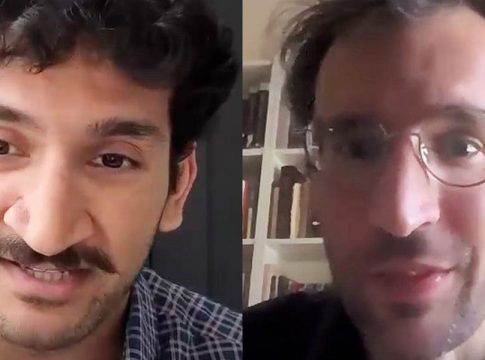Rise in Police Violence: An Examination Beyond Individual Acts
In a landscape where police violence is under increasing scrutiny, Alec Karakatsanis, founder of the Civil Rights Corps, presents a sobering analysis of systemic issues surrounding law enforcement practices in his new book, Copaganda. His statements highlight a troubling trend: despite calls for reform and widespread protests, police shooting incidents have escalated annually since 2020.
A Disturbing Trend
Karakatsanis points out that 2021 marked an increase in police shootings compared to 2020, a pattern that has continued into 2024. With each subsequent year seeing a rise in fatalities, he argues that understanding police violence requires looking beyond the motivations of individual officers.
“We cannot understand police violence by delving into the personal motivations and character of a cop who shoots a child trying on a dress,” he states. Instead, he implores society to consider the systemic structures that perpetuate such violence.
Media’s Role in Public Perception
Karakatsanis emphasizes the media’s influence in shaping public narratives around crime and policing. He criticizes a pervasive myth within news reporting that law enforcement agencies and their policies significantly impact crime rates.
“[T]hat is completely and utter nonsense,” he asserts, addressing the misconceptions that often dominate discussions about public safety. He believes such narratives not only mislead the public but also contribute to a cycle of moral panic and aggressive policy enforcements.
What Can Be Done?
In addition to critiquing media practices, Karakatsanis offers insights on how individuals can break free from the “copaganda” present in mainstream news stories. By encouraging critical thinking about the role of systemic factors in public safety, he seeks to empower citizens to engage with the conversation more meaningfully.
Viewers can access a full interview with Karakatsanis to delve deeper into these topics and explore how they connect with broader societal issues.
Conclusion
As the nation grapples with the ramifications of police violence, Karakatsanis’s insights serve as a call to action for a fundamental rethinking of public safety beyond conventional understandings. With both historical and immediate contexts needing examination, the imperative remains clear: meaningful dialogue and reform require a shift from individual blame to addressing systemic failures.
For more information on Alec Karakatsanis’s work, including his book Copaganda, visit Zeteo’s book club or engage in discussions within the community.

Focuses on crime, public safety, and regional events.
Bio: Marcus is a community-based journalist passionate about reporting impactful stories that matter most to readers.

